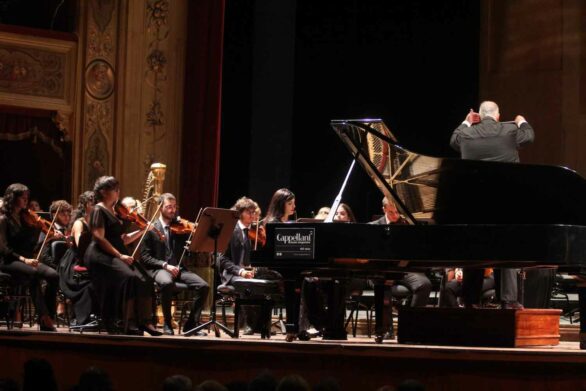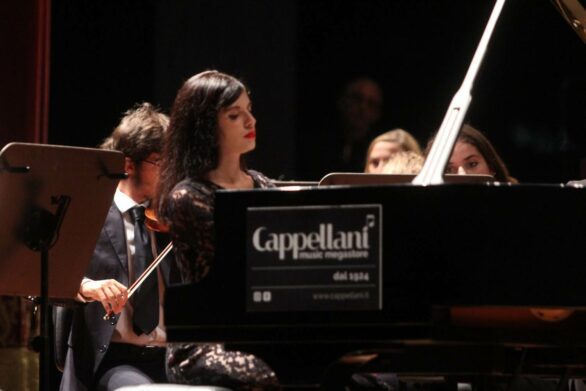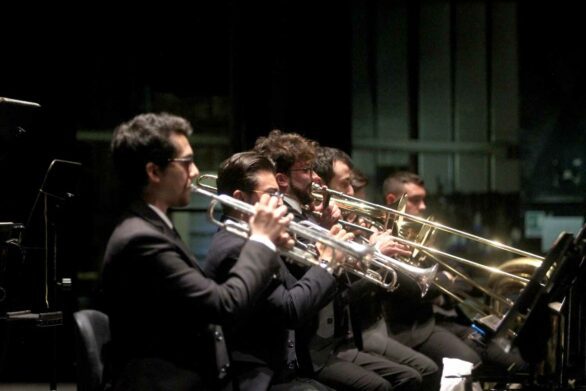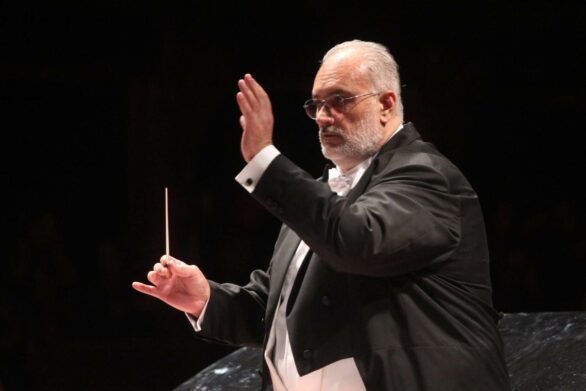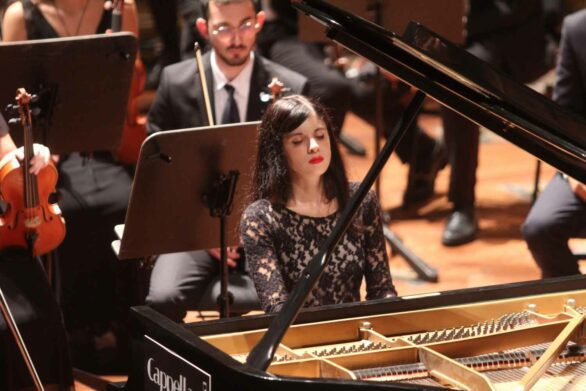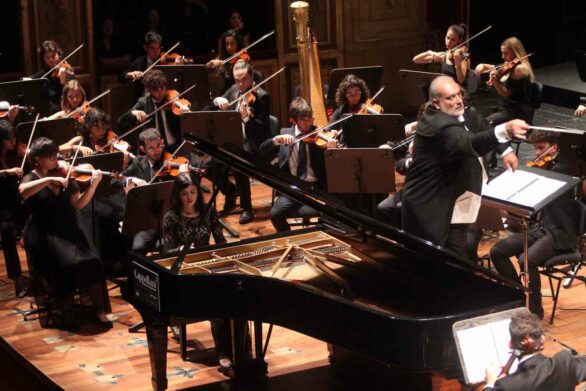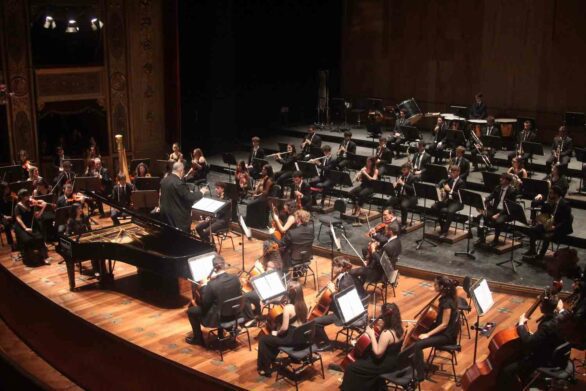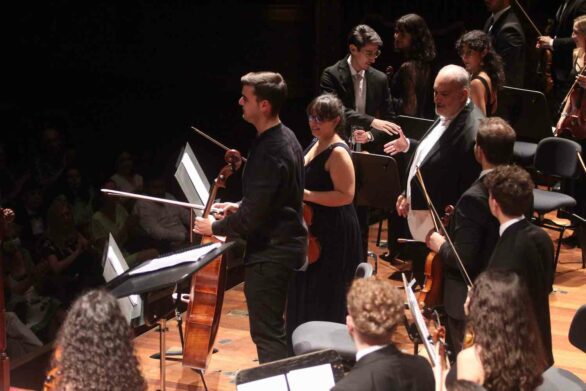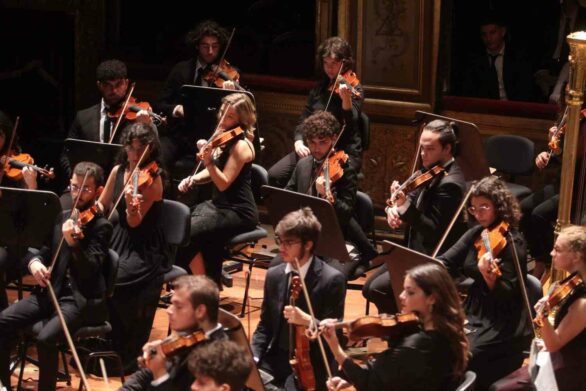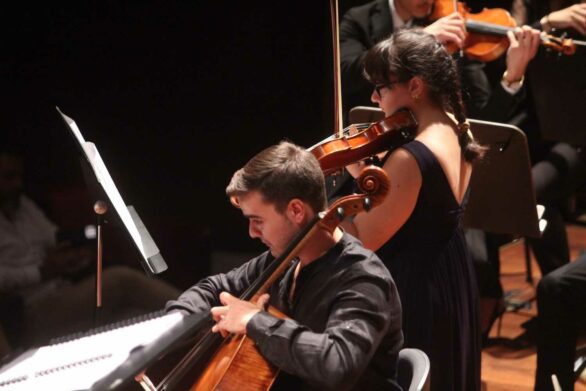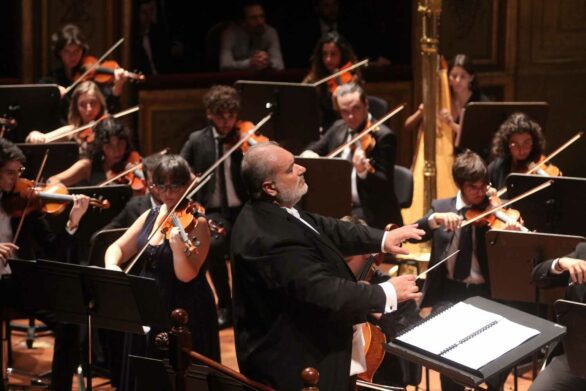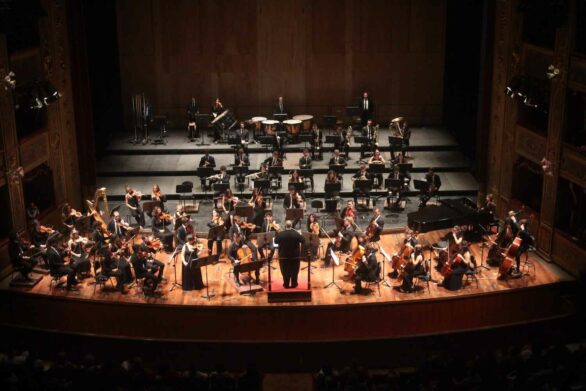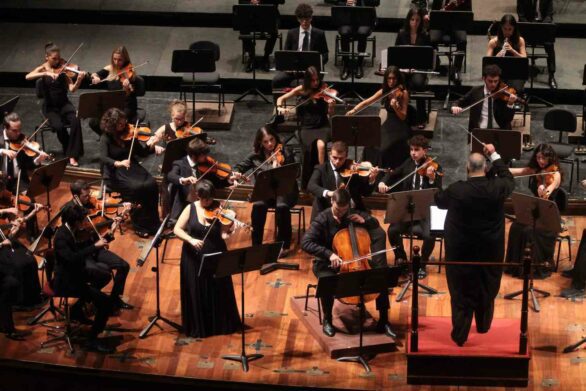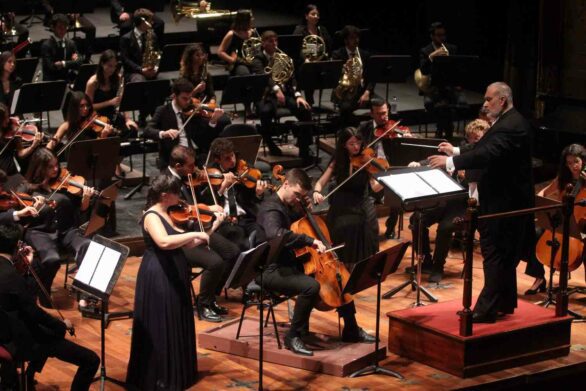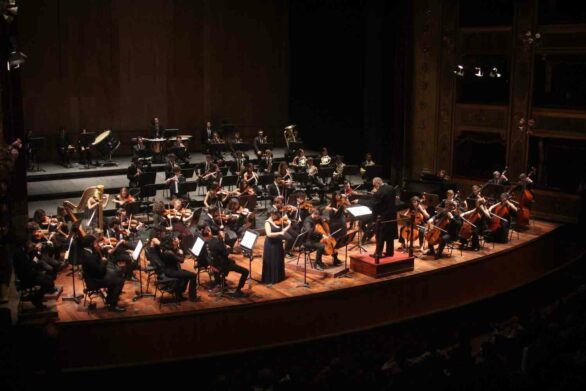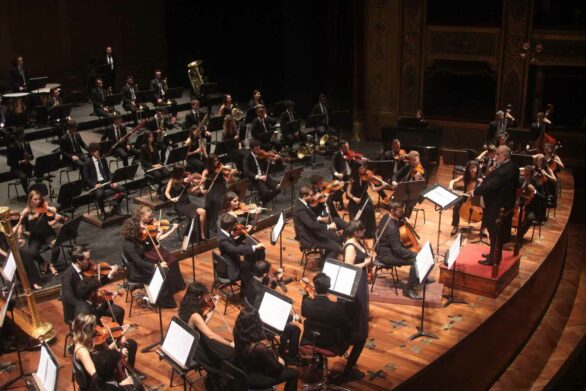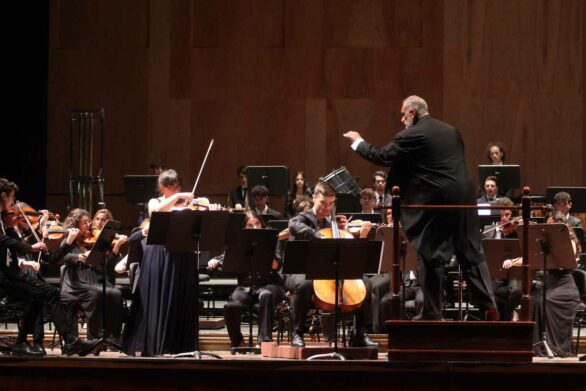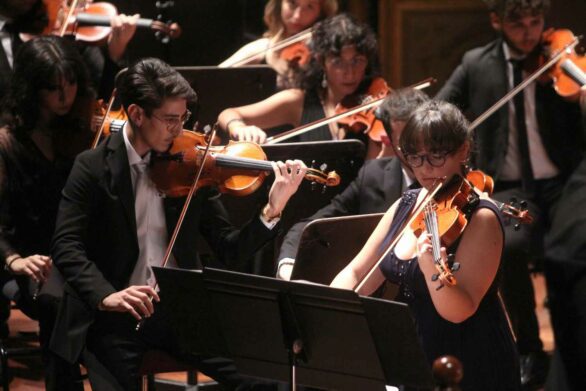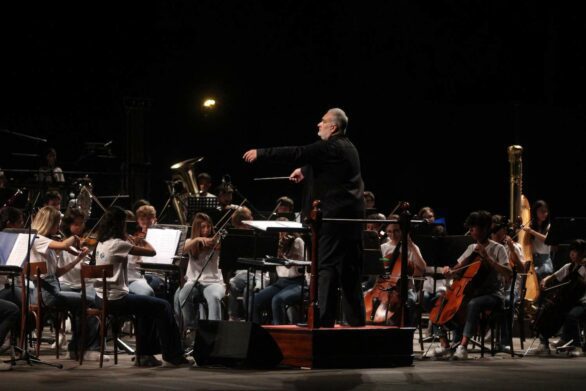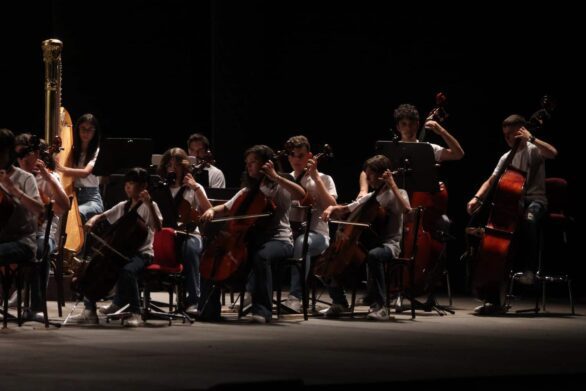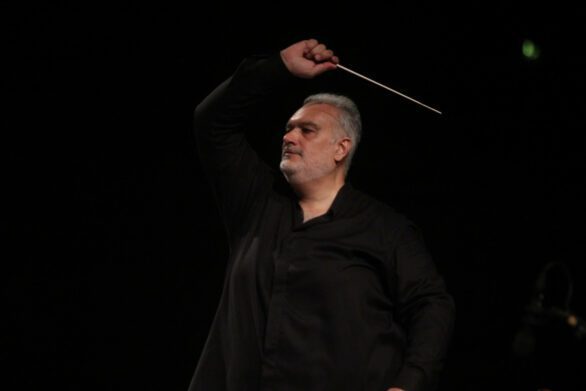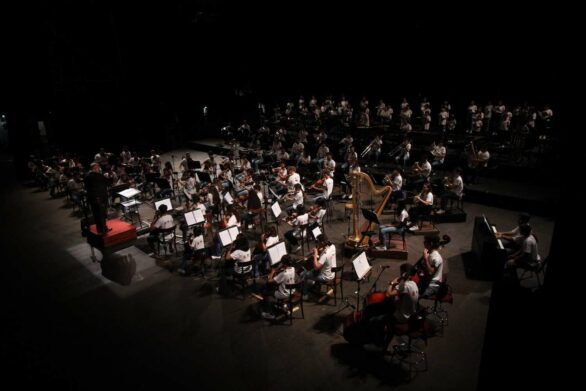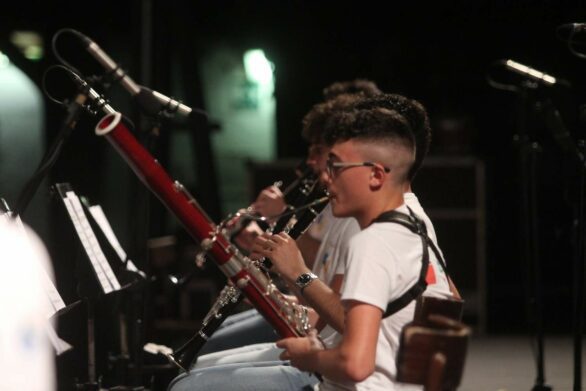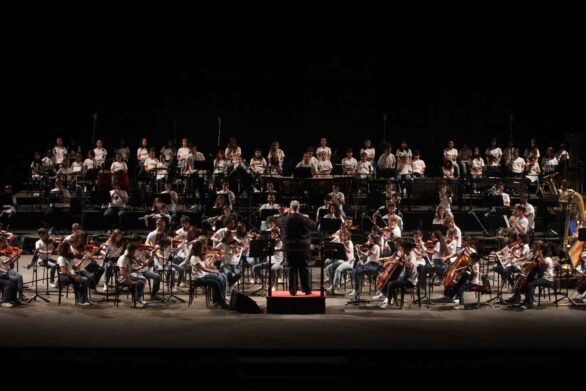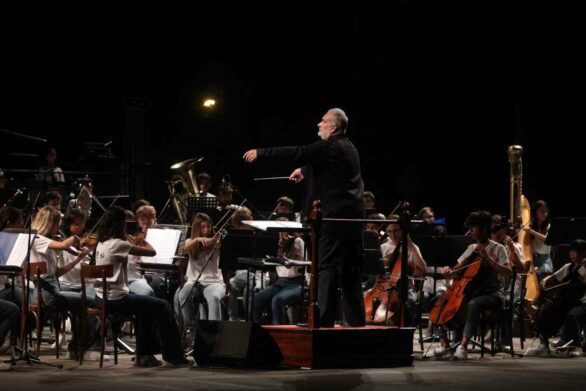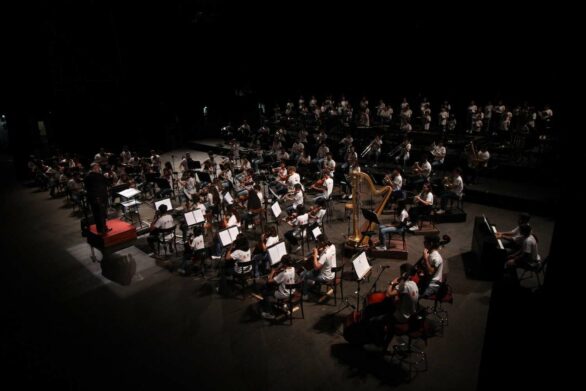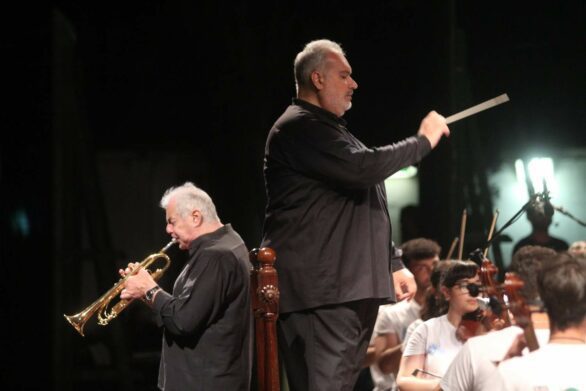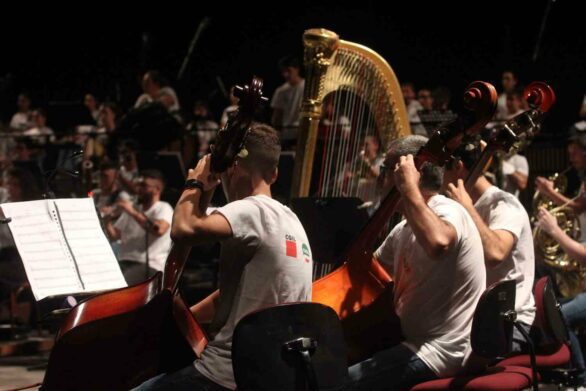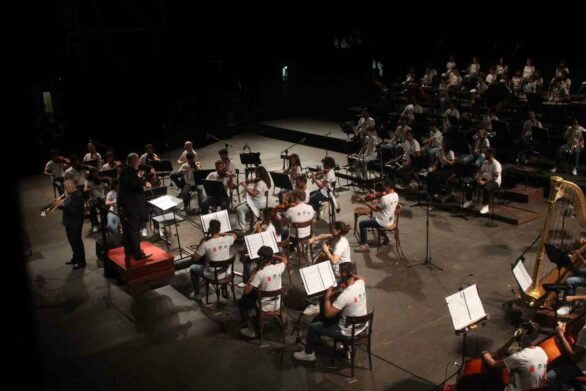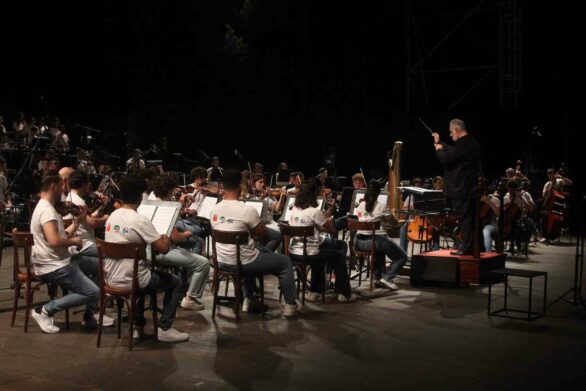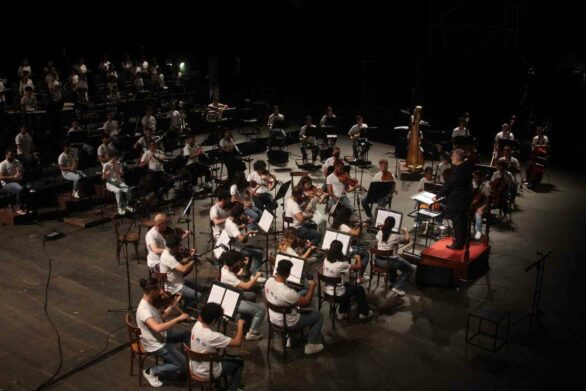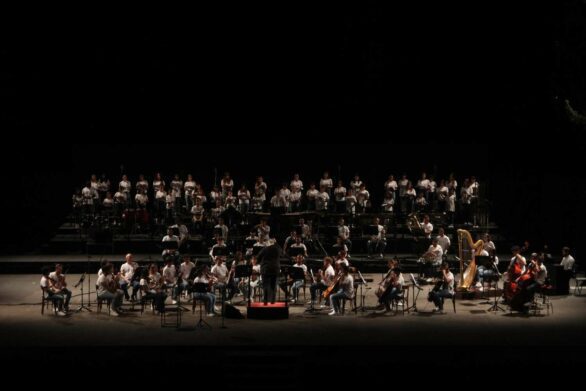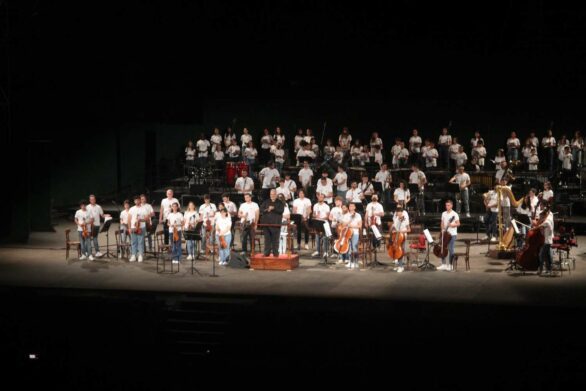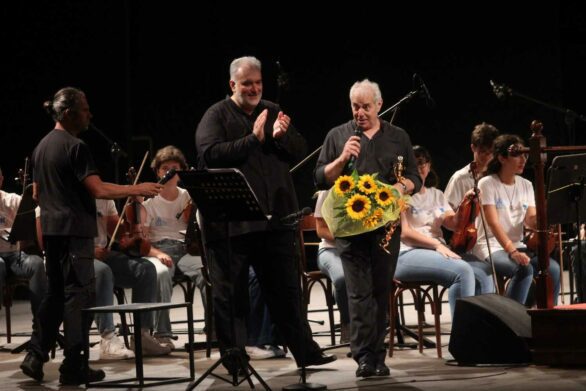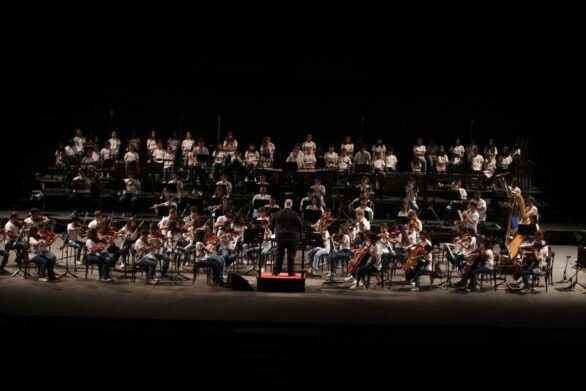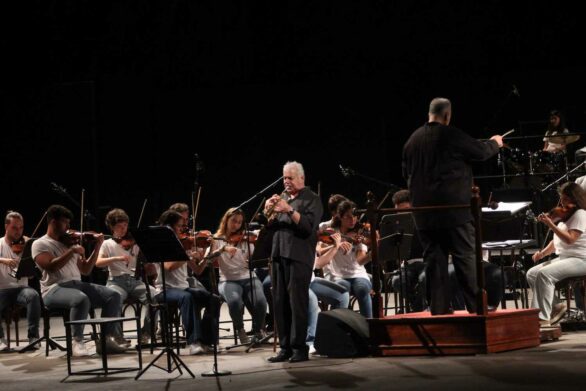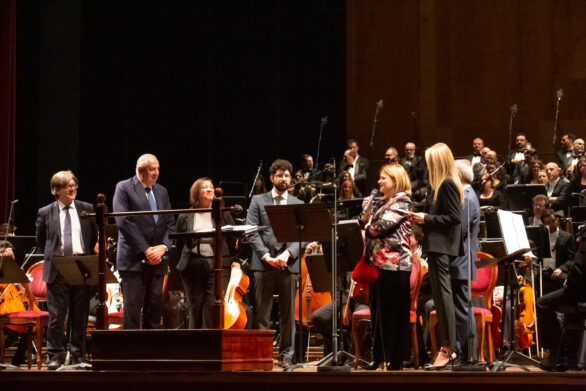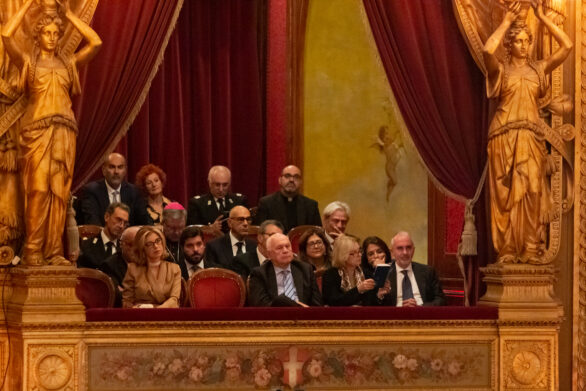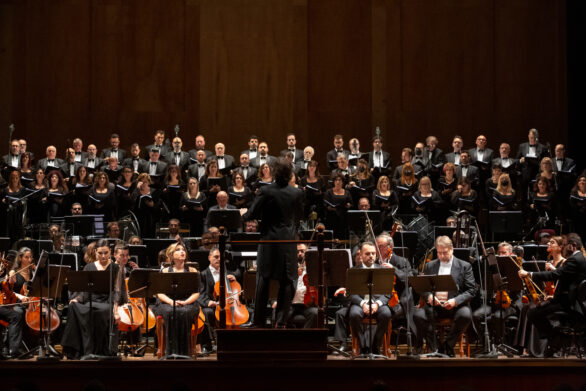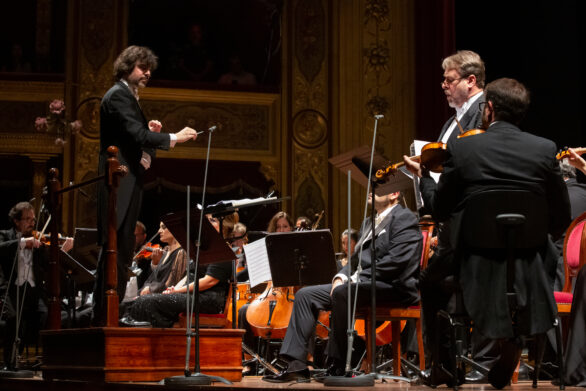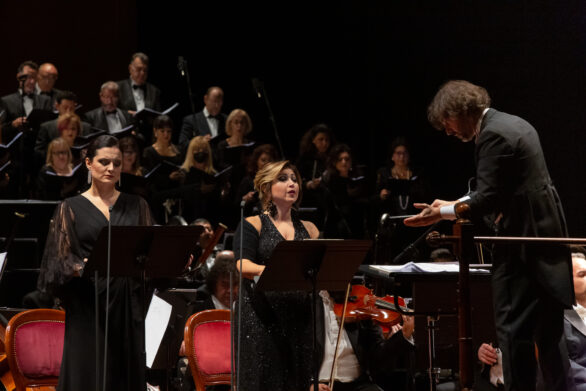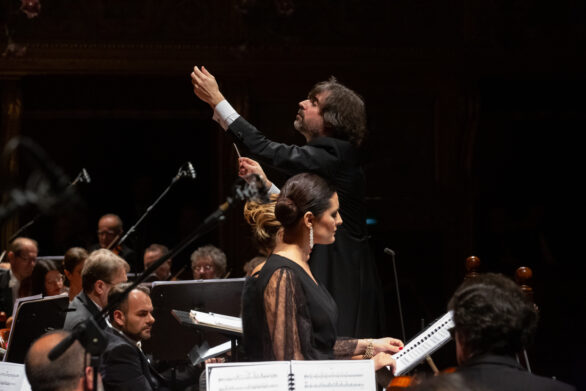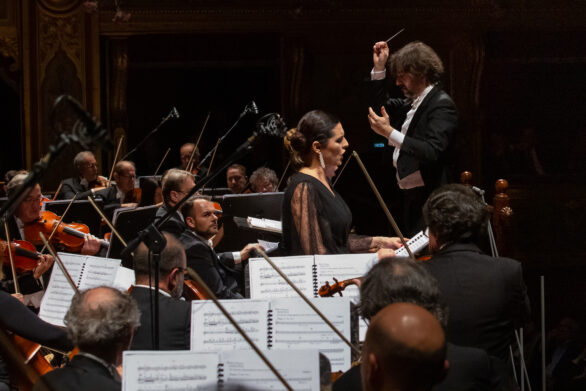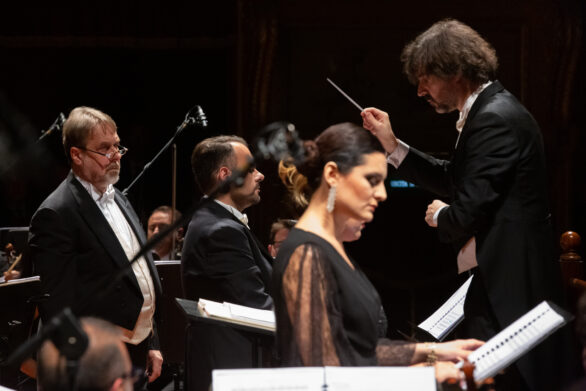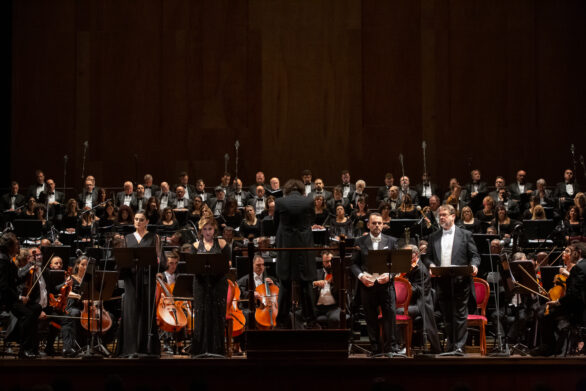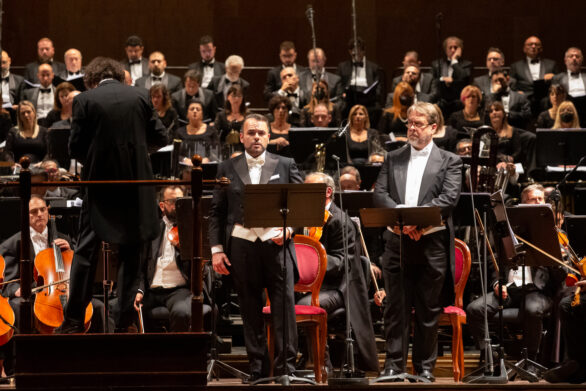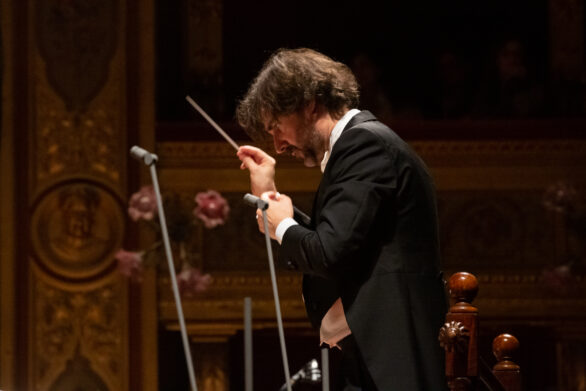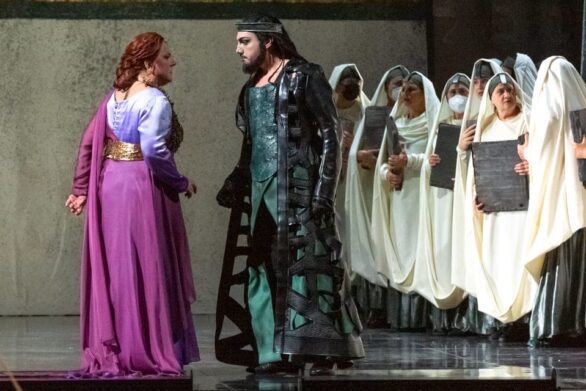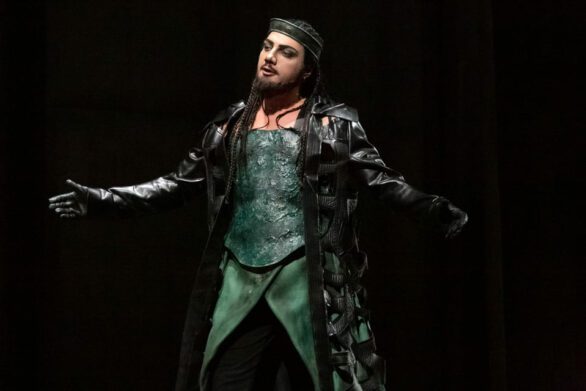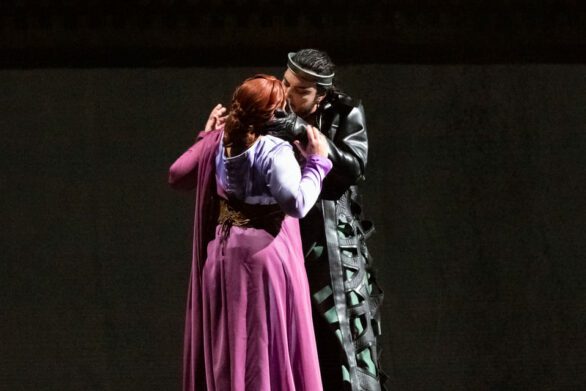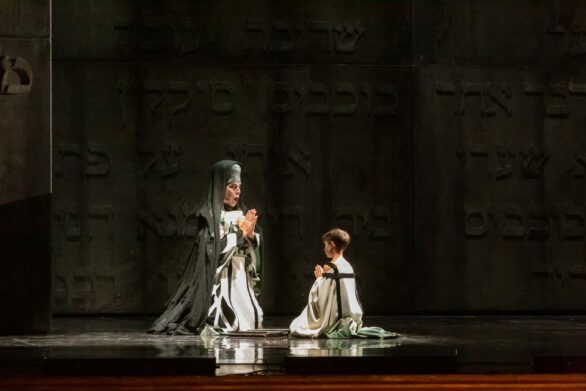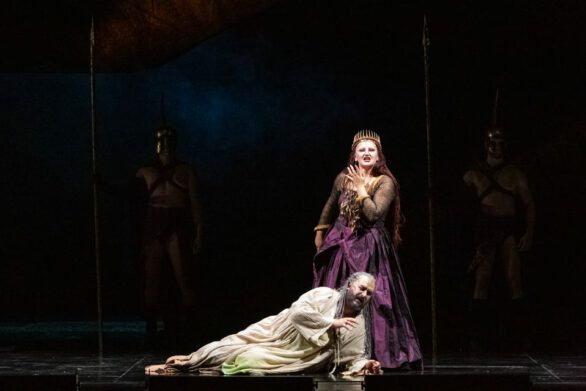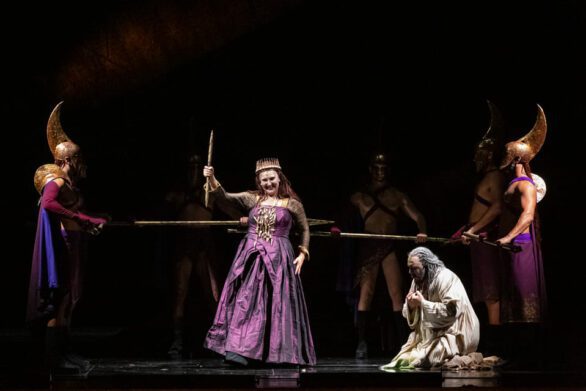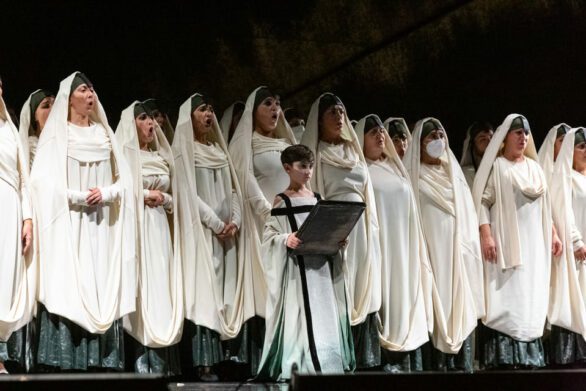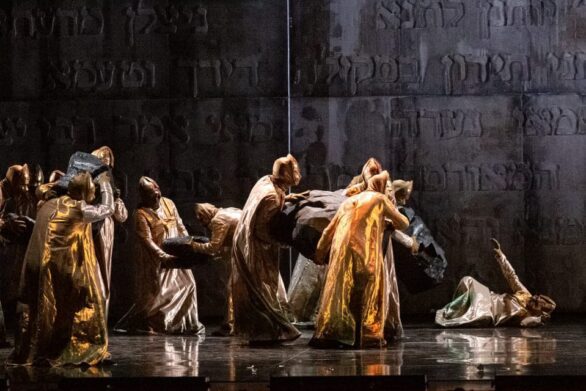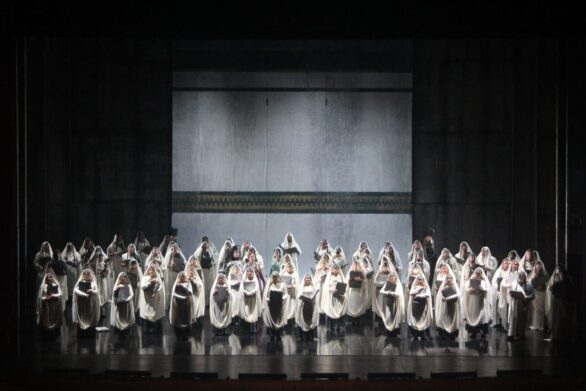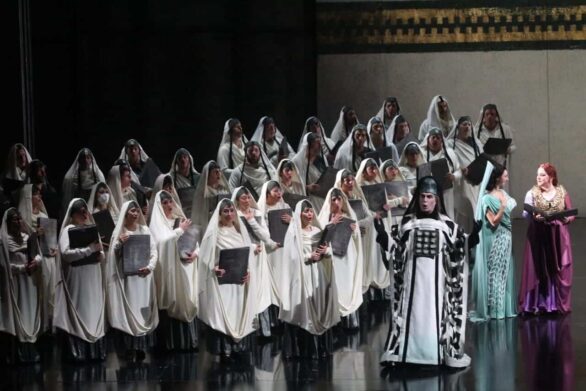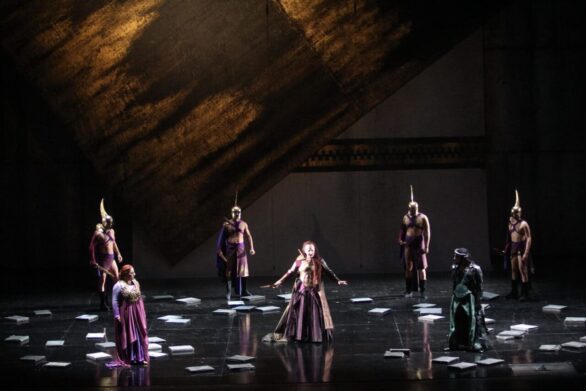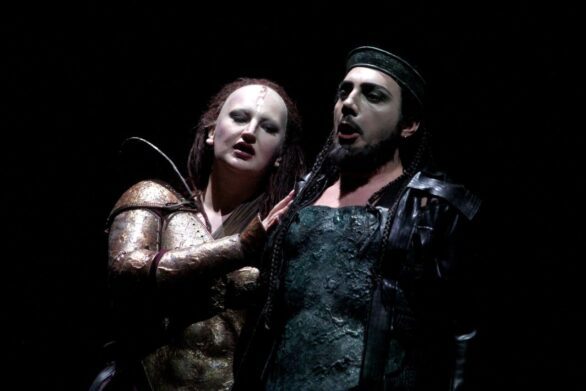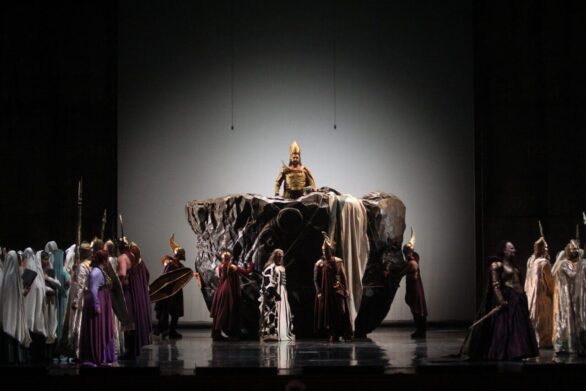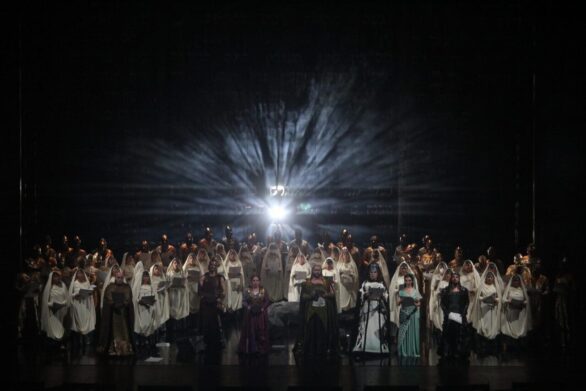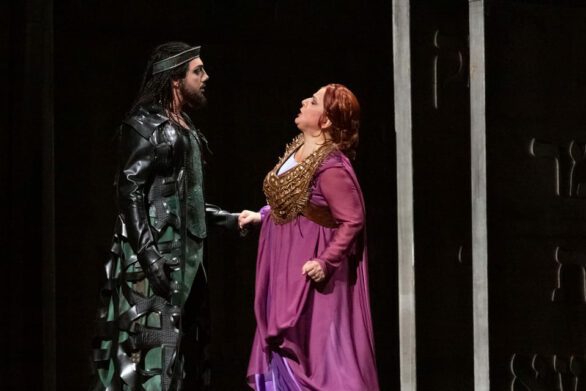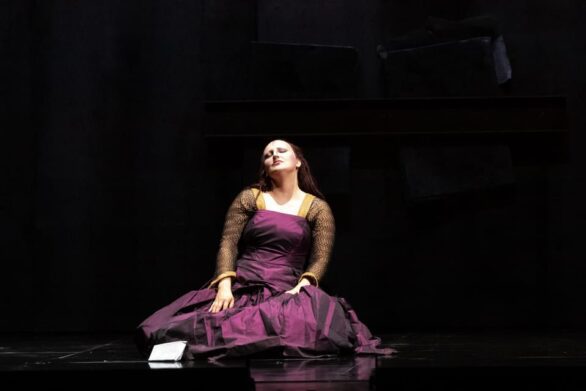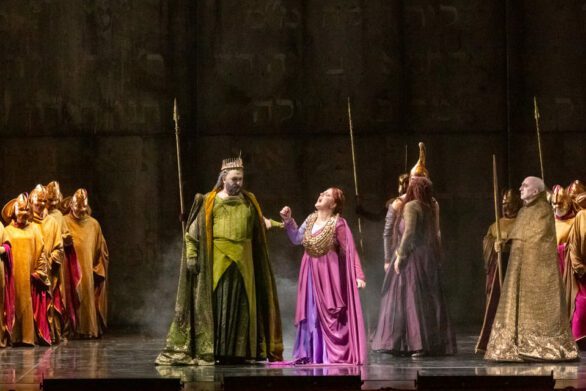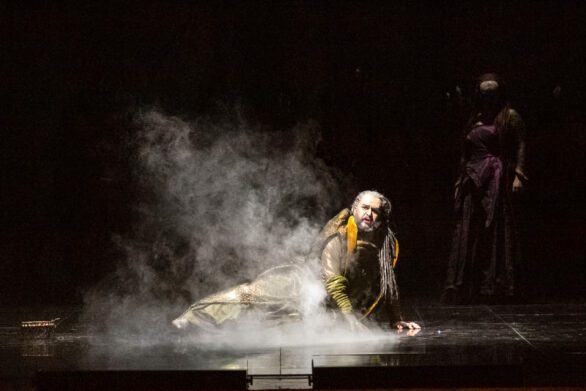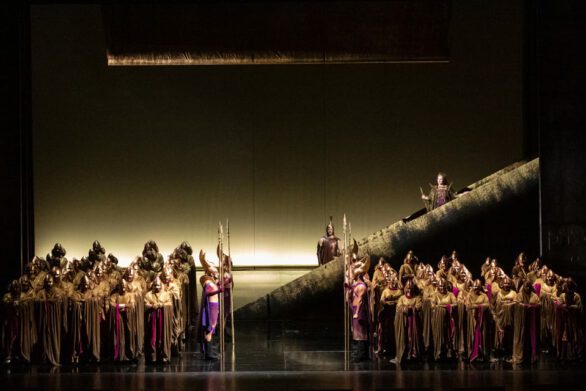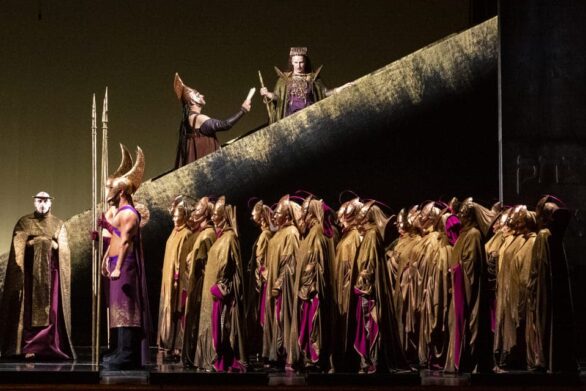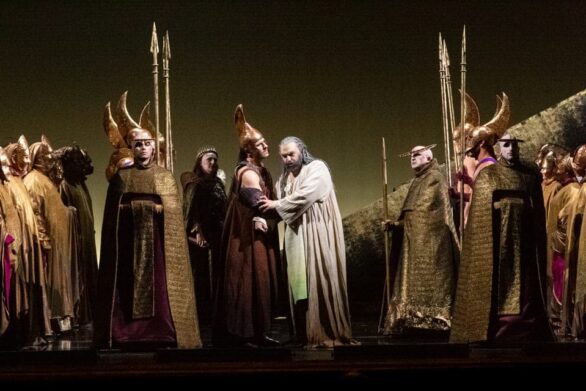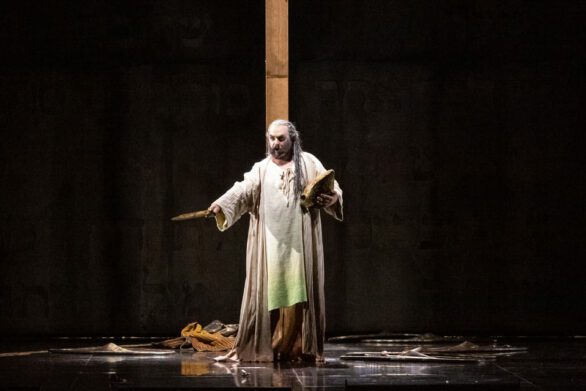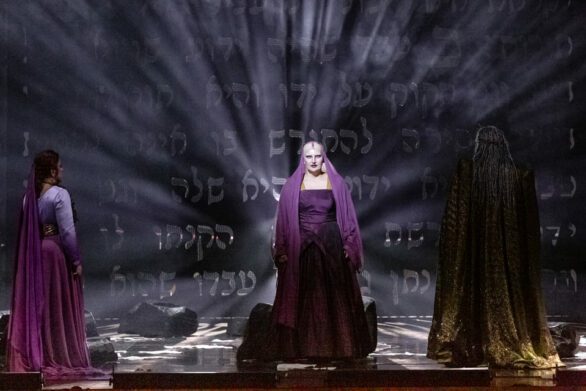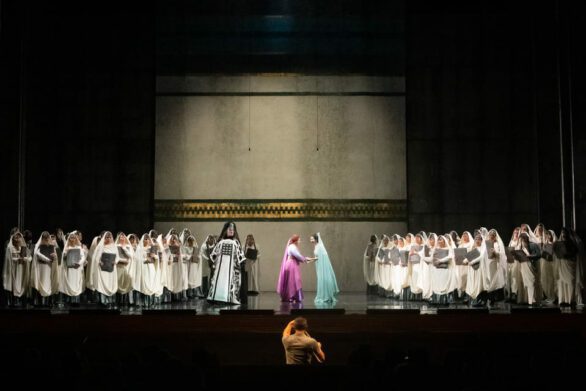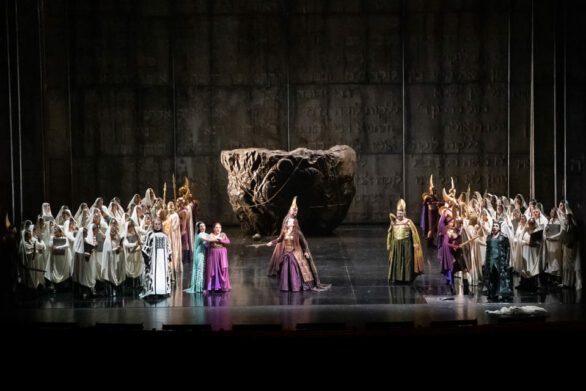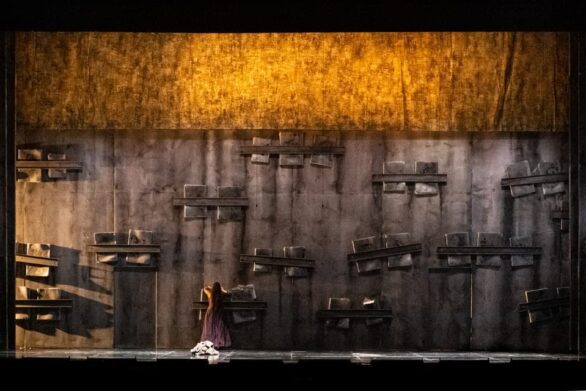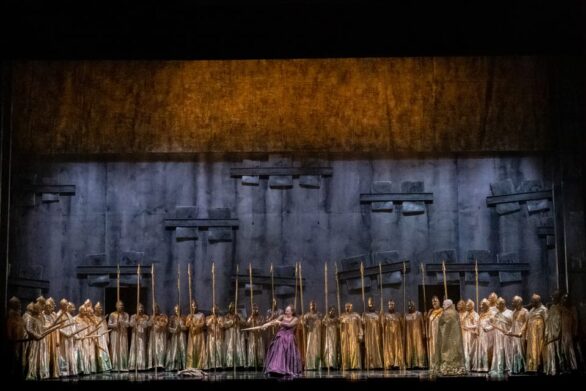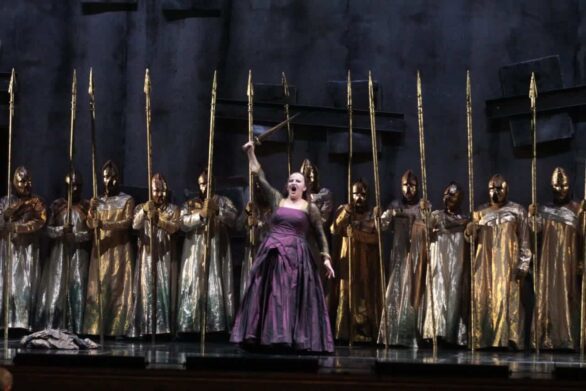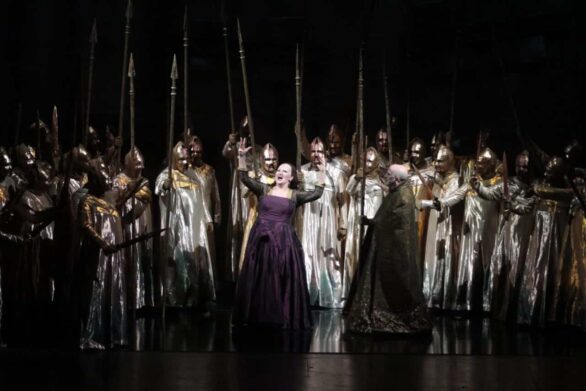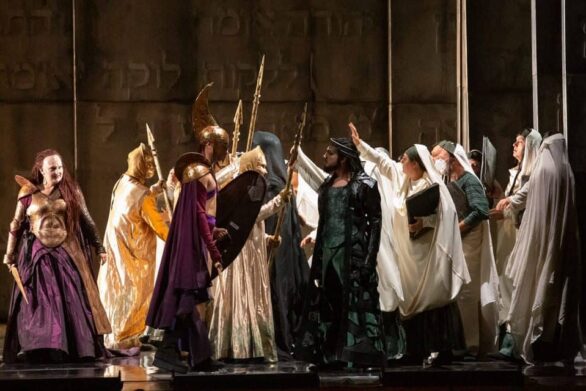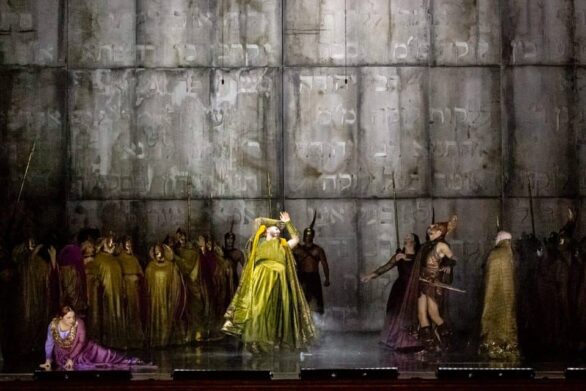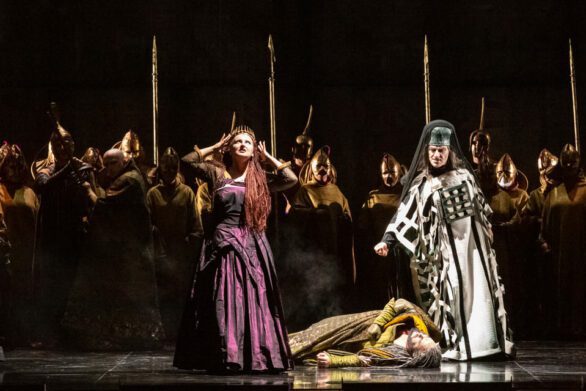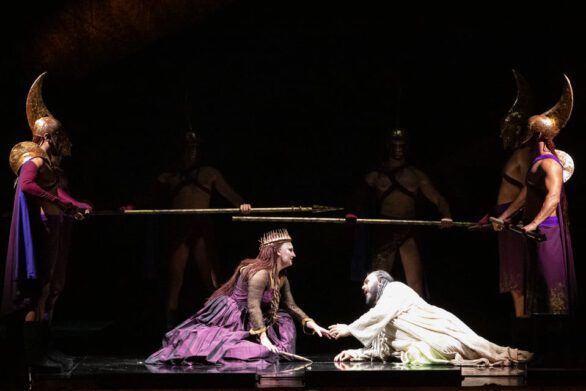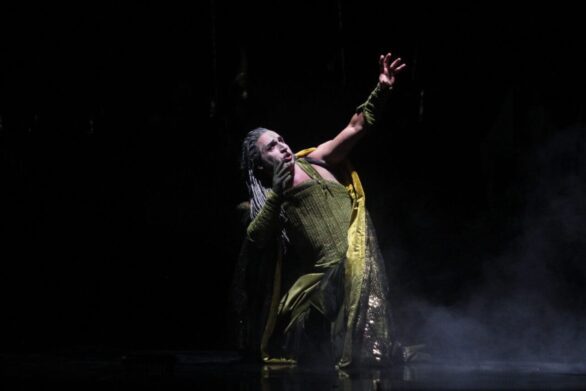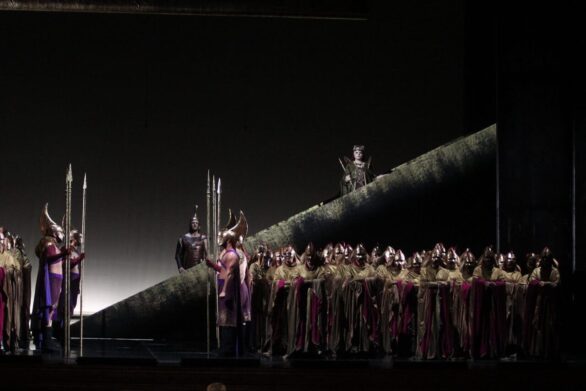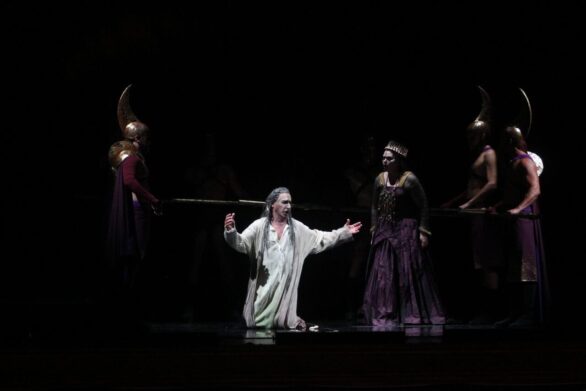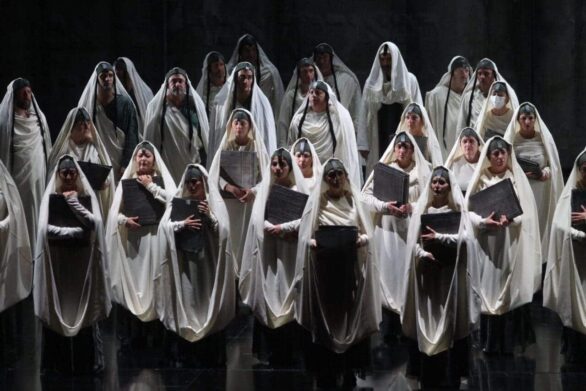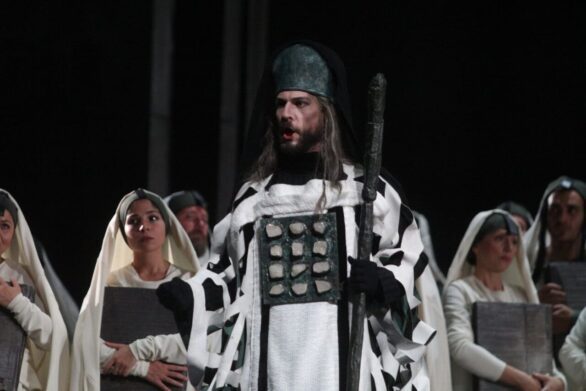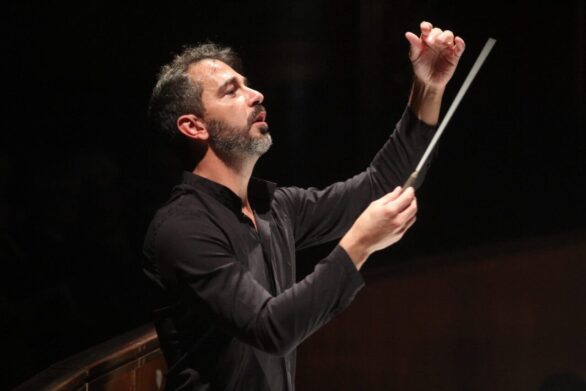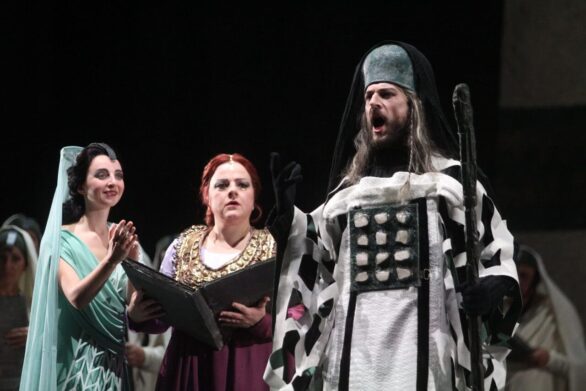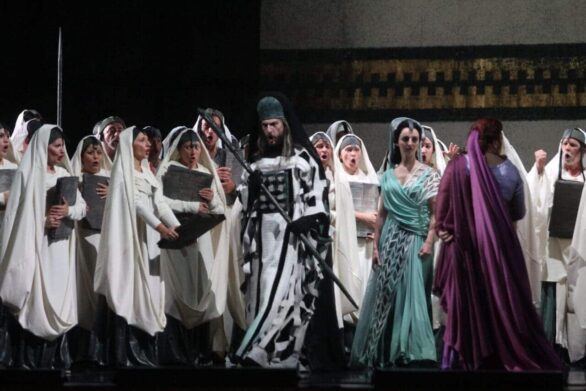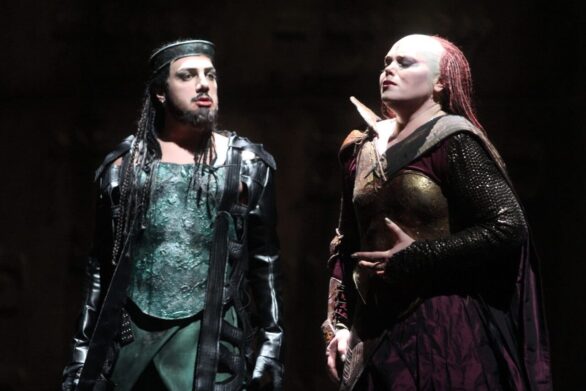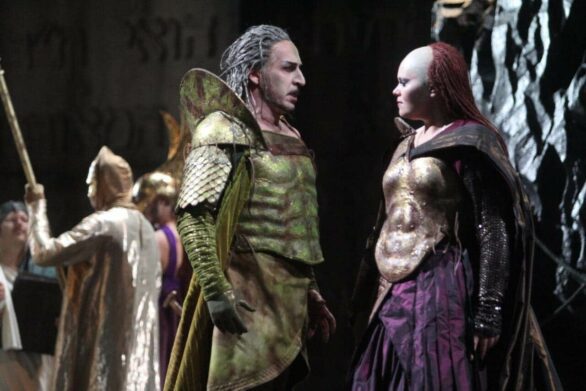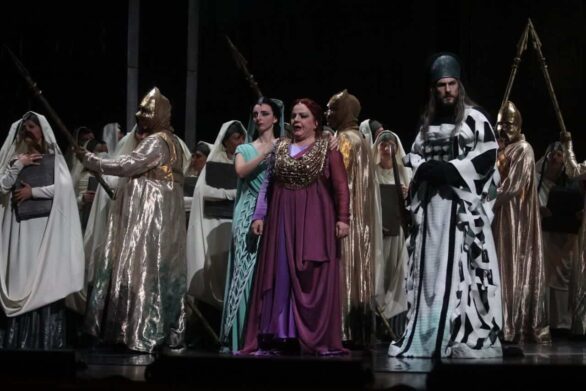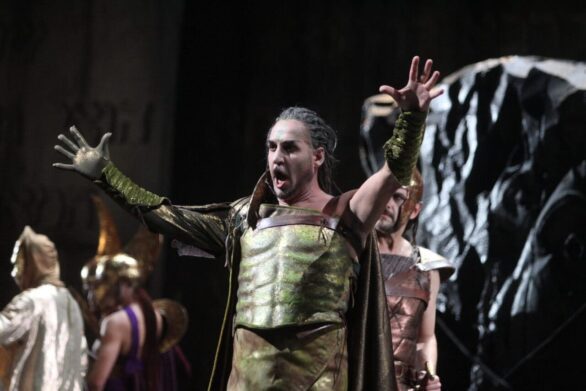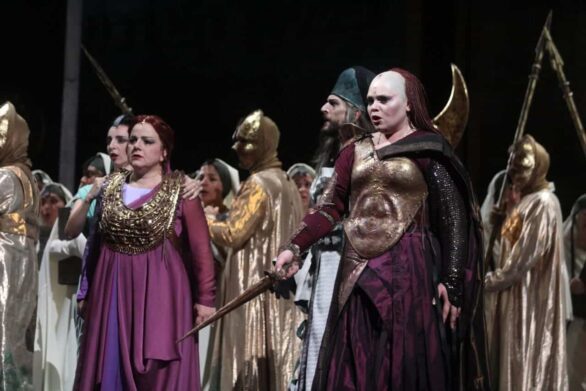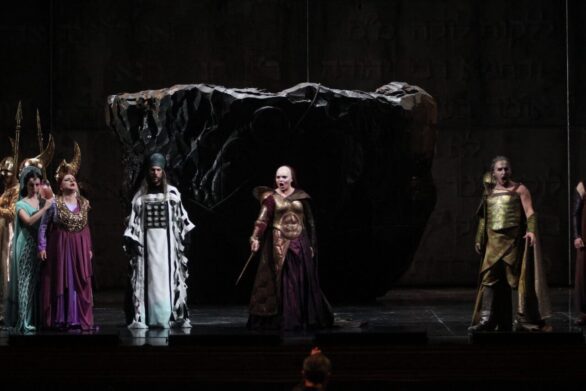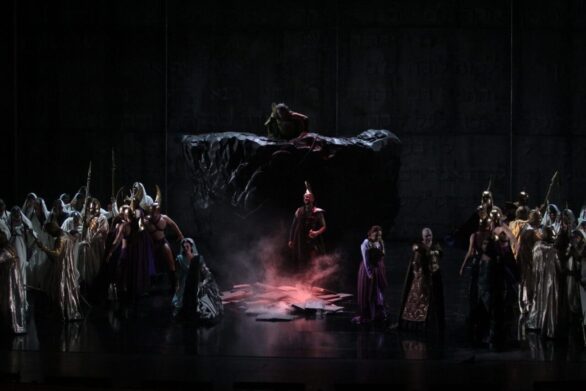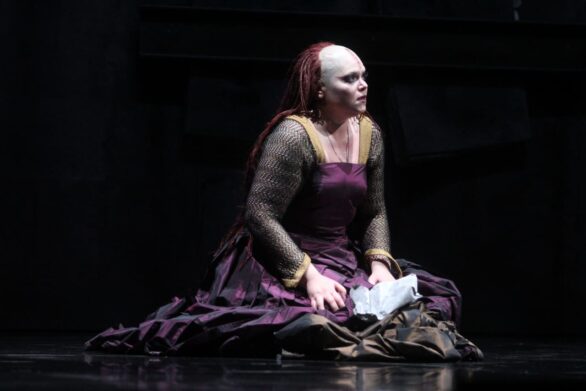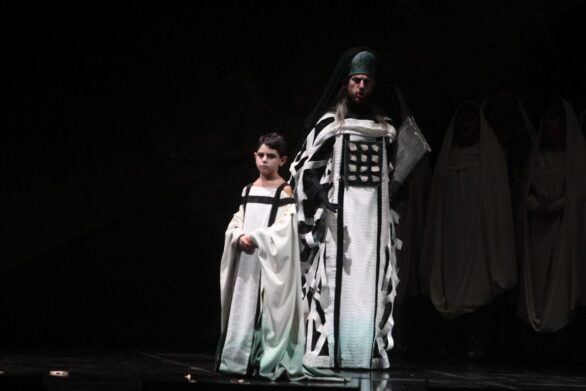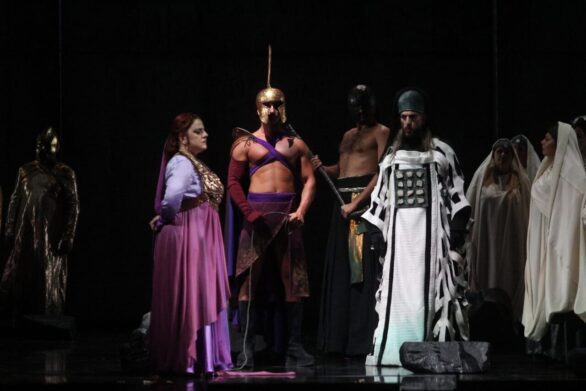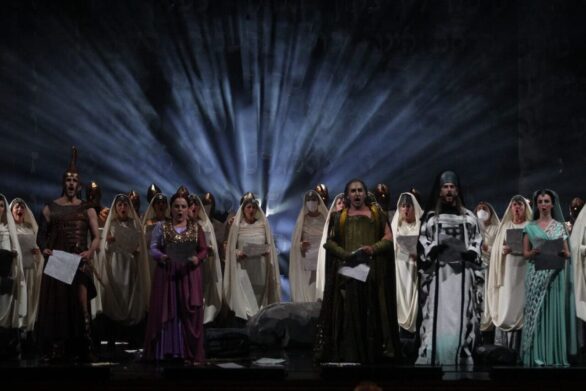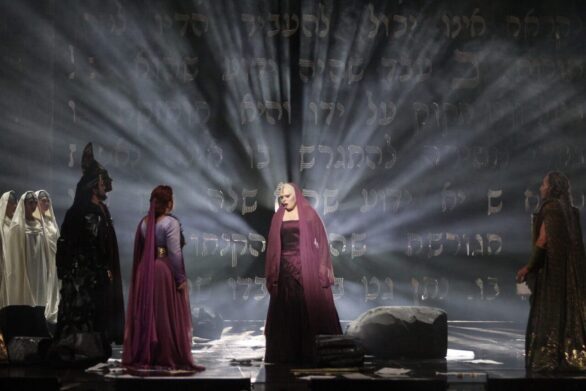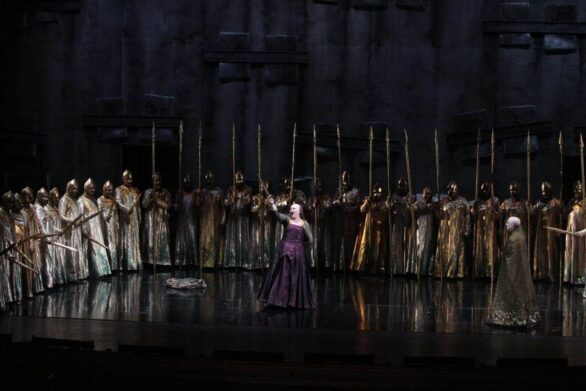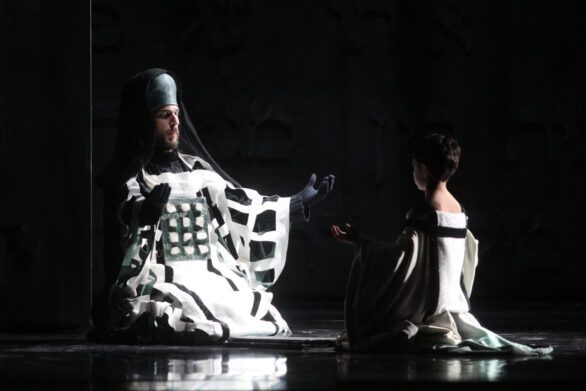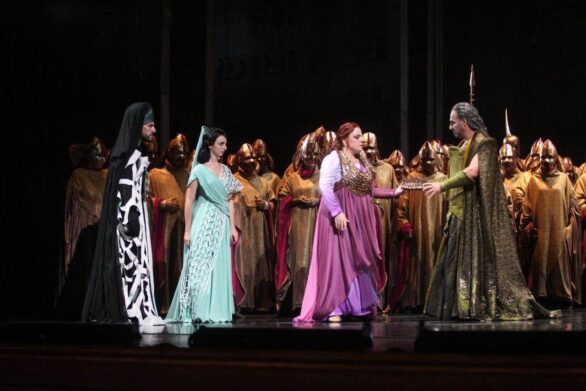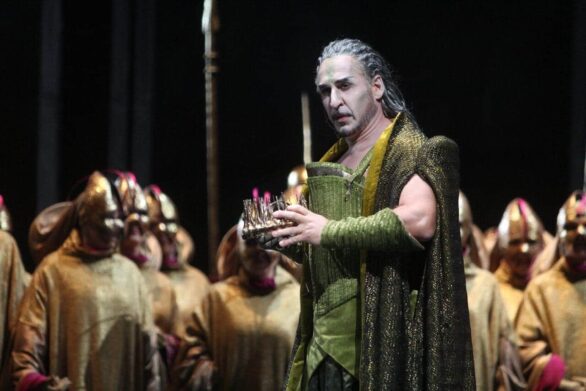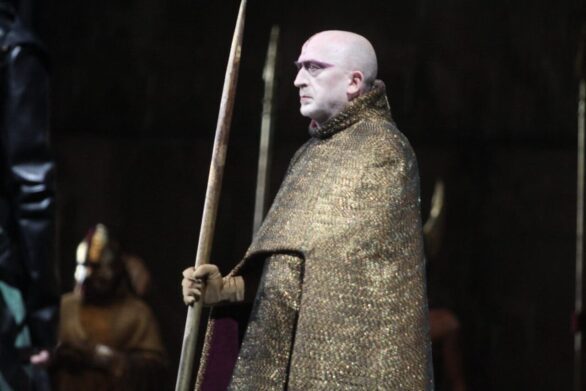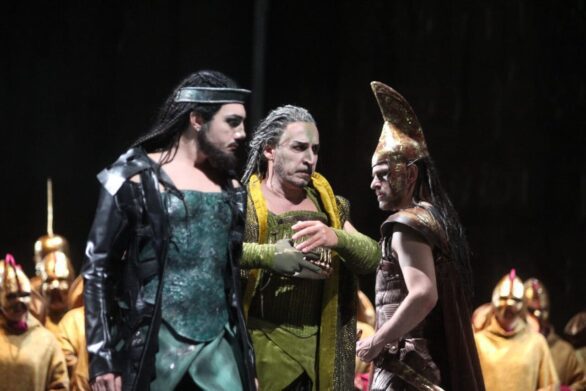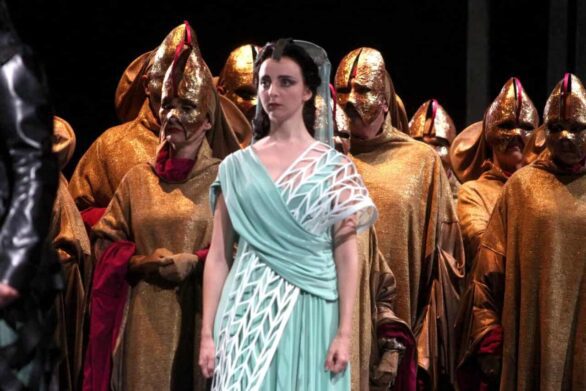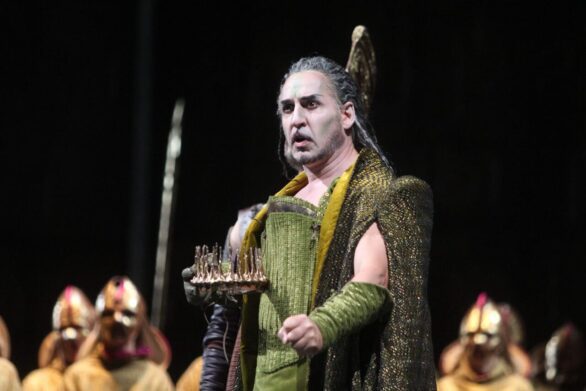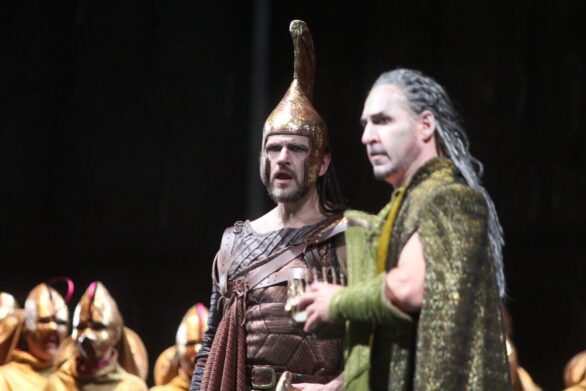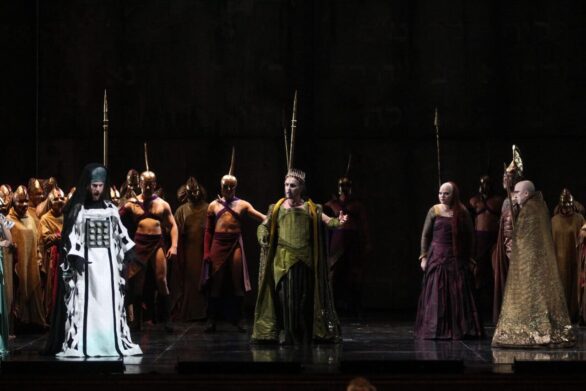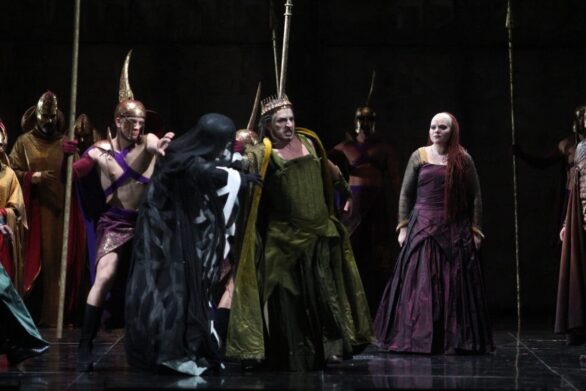About
Dal 7 al 9 ottobre si terrà la 5a edizione di PIANO CITY PALERMO, il festival di pianoforte che trasforma la città in un grande palcoscenico, con talentuosi artisti provenienti dalla Sicilia e da tutto il mondo.
Piano City Palermo torna a far risuonare la città a suon di pianoforte e approda a Palermo per la quinta edizione, grazie alla generosa accoglienza della città.
Il festival, coproduzione del Comune di Palermo, del Teatro Massimo e dell’associazione Piano City Milano, è consacrato al pianoforte e spazia tra i generi musicali, dalla classica al jazz, dal pop all’elettronica. In questi anni di viva trasformazione di Palermo, porta la musica nei luoghi più sensibili, simbolici e significativi per la vita sociale della città. I concerti sono a ingresso gratuito con prenotazione obbligatoria. Un grande grazie ai pianisti che partecipano all’iniziativa e ai cittadini, che sono i veri protagonisti di questo festival dedicato a Palermo!
Scopri tutto il programma della manifestazione sul sito di Piano City Palermo.
Programme
INAUGURAZIONE - LAMBERT - "OPEN"
Venerdì 7 ottobre ore 21 – Scalinata del Teatro Massimo
Ingresso gratuito fino a esaurimento posti
Lambert, pianista residente a Berlino, apre l’edizione 2022 proponendo brani del suo intero repertorio e in particolare del suo ultimo album “Open”, pubblicato lo scorso maggio da Mercury KX/Universal.
Approfondimenti
LUCA RIZZO e DAVIDE SPINA
Sabato 8 ottobre ore 13:00 – Giardini del Massimo
Ingresso gratuito con prenotazione obbligatoria.
Prenotazioni attive dalle ore 11.45 di mercoledì 5 ottobre.
In collaborazione con il Conservatorio di Musica A. Scarlatti di Palermo.
Approfondimenti
KATERYNA ZIABLIUK
Sabato 8 ottobre ore 17:30 – Foyer del Teatro Massimo
Ingresso gratuito fino a esaurimento posti
“OPEN DOORS FOR UKRAINE – PART I”
In collaborazione con il Teatro Massimo e con il sostegno del Ministero della Cultura
Approfondimenti
Pianisti della Youth Orchestra
Domenica 9 ottobre ore 12 – Sala Onu del Teatro Massimo
Ingresso gratuito sino a esaurimento posti
VITTORIA D’AGOSTARO, RICCARDO DI GIOVANNI E ENRICO GARGANO
AUTORI: F. Liszt, S. Rachmaninov, C. Debussy, L. V. Beethoven, A. N. Skrjabin, J. Haydn
Approfondimenti
GIUSEPPINA TORRE
Domenica 9 ottobre ore 13 – Giardini del Massimo
Ingresso gratuito con prenotazione obbligatoria.
Prenotazioni attive dalle ore 14.00 di lunedì 3 ottobre.
“VIAGGIO NEL LABIRINTO DEL CUORE”
Approfondimenti
KATERYNA ZIABLIUK
Domenica 9 ottobre ore 17:30 – Sala Onu
Ingresso gratuito sino a esaurimento posti
“OPEN DOORS FOR UKRAINE – PART II”
In collaborazione con il Teatro Massimo e con il sostegno del Ministero della Cultura
Approfondimenti
-
Dates
- 7 October9:00 PMScalinata8 October1:00 PMGiardini8 October5:30 PMFoyer9 October12:00 PMSala Onu9 October1:00 PMGiardini9 October5:30 PMSala Onu
About
Direttore Michele De Luca
Pianoforte Silvia Vaglica
Violino Denise De Luca
Violoncello Giuseppe D’Amato
Massimo Youth Orchestra
Photo © Franco Lannino Studiocamera
Programme
Franz Liszt
Concerto n. 2 per pianoforte e orchestra S. 125
Antonino Francesco Blanco
Concerto per violino, violoncello e orchestra prima esecuzione assoluta
Gioachino Rossini
Sinfonia da Il barbiere di Siviglia
Gallery
-
Dates
- 10 October8:30 PMSala Grande
About
Il matrimonio segreto – Nabucco ovvero “Il segreto della pergamena”
ll laboratorio si rivolge a bambine e bambini di età compresa tra i 6 e i 10 anni.
Costo del laboratorio: 20 € compresa la merenda.
Un modo speciale di condividere l’esperienza teatrale in famiglia: mentre i piccoli partecipano al laboratorio in Sala degli Stemmi, i grandi seguono l’opera o il balletto in Sala Grande. Durante il laboratorio viene narrata la trama dello spettacolo, si ascoltano alcuni brani, si crea insieme, si disegna e si fa merenda. Al termine del laboratorio i bambini sono accompagnati in Sala Grande per vivere così la magia del Teatro.
Per informazioni e prenotazioni
Tel. 329 7260846
Biglietteria / dal lunedì alla domenica dalle 9:30 alle 15:30
tel. 091 6053580
Programme
Francesca Cosentino
Testi e narrazioni
Sonia Sala
Interventi cantati
Gisella Vitrano
Animazione teatrale
Giuseppe Lo Bocchiaro
Illustrazioni
-
Dates
- 2 October5:30 PMSala degli Stemmi
About
8 luglio 2022, ore 21:30 | Teatro Antico di Taormina
Direttore Lorenzo Viotti
Lorenzo Viotti è tra i più affermati giovani direttori degli ultimi anni, è direttore principale dell’Orchestra Gulbenkian di Lisbona e nuovo direttore musicale della Netherlands Philharmonic Orchestra e della Dutch National Opera. L’8 luglio al Teatro Antico di Taormina dirigerà l’Orchestra del Teatro Massimo di Palermo con Verklärte Nacht di Arnold Schönberg e la Quinta Sinfonia di Pëtr Il’ič Čajkovskij, due composizioni di rilievo e, nel caso della Quinta Sinfonia, tra le più amate dal pubblico.
Programme
Arnold Schönberg
Verklärte Nacht op. 4
Pëtr Il’ič Čajkovskij
Quinta Sinfonia in mi minore op. 64
Rosario Tedesco
legge Notte trasfigurata di Richard Dehmel
-
Dates
- 8 July9:30 PMTutti i turni
About
Direttore Danilo Lombardini
Orchestra e Coro del Teatro Massimo
Maestro del Coro Ciro Visco
Programme
Gioachino Rossini
Sinfonia da Il barbiere di Siviglia
Giuseppe Verdi
Coro di Zingarelle e Mattadori da La traviata
Vincenzo Bellini
Sinfonia da Norma
Giuseppe Verdi
“Patria oppressa” da Macbeth
Giuseppe Verdi
Sinfonia da La forza del destino
Giuseppe Verdi
“Gli arredi festivi” e “Va pensiero” da Nabucco
-
Dates
- 2 July8:00 PMTurno Prime10 July8:00 PMTurno Prime12 July8:00 PMTurno Prime13 July8:00 PMTurno Prime
About
Direttore Michele De Luca
Tromba Salvatore Piazza
Massimo Youth Orchestra
Coro di voci bianche e Cantoria del Teatro Massimo
Maestro del Coro Salvatore Punturo
Musiche di Fabio Correnti, Alexander Arutiunian, Massimiliano Galasso, Salvatore Nogara, Ennio Morricone
Programme
Alexander Arutiunian
Concerto per tromba e orchestra – MASSIMO YOUTH ORCHESTRA
Massimiliano Galasso
Adagio in fa minore per orchestra d’archi (prima esecuzione assoluta) – MASSIMO YOUTH ORCHESTRA
Fabio Correnti
Poseidon (prima esecuzione assoluta) – MASSIMO YOUTH ORCHESTRA
Antonino Francesco Blanco
(arr.) Ennio, suite per tromba e orchestra su musiche di Ennio Morricone – MASSIMO YOUTH ORCHESTRA
Salvatore Nogara
Dual Sound (prima esecuzione assoluta) – MASSIMO KIDS ORCHESTRA
Giuseppe Ricotta
Veni, Sancte Spiritus – MASSIMO KIDS ORCHESTRA
Alan Menken
Aladdin – MASSIMO KIDS ORCHESTRA
John Lennon
Imagine – MASSIMO KIDS ORCHESTRA
Naohiro Iwai
(arr.) Disney Fantasy – MASSIMO KIDS ORCHESTRA
Harold Arlen
Over The Rainbow – MASSIMO KIDS ORCHESTRA
Ennio Morricone
Giù la Testa – MASSIMO KIDS ORCHESTRA
Ennio e Andrea Morricone
Love Theme da Nuovo Cinema Paradiso – MASSIMO KIDS ORCHESTRA
Gerald Oswald
Call of the Buffalo – MASSIMO KIDS ORCHESTRA
Johann Sebastian Bach
Toccata in re minore – MASSIMO KIDS ORCHESTRA
Gallery
-
Dates
- 24 July9:15 PMSala Grande
About
Direttore Michele De Luca
Maestro del Coro Salvatore Punturo
Cantoria, Coro di voci bianche
Massimo Kids Orchestra
Massimo Youth Orchestra
Programme
Musiche di
Antonio Vivaldi, Giuseppe Verdi, Pietro Mascagni, Richard Strauss, Ennio Morricone, John Williams
-
Dates
- 10 October8:30 PMSala Grande
About
The concert will be livestreamed on the Teatro Massimo WebTV
Conductor Alessandro Cadario
Chorus Master Salvatore Punturo
Soprano Desirée Rancatore
Tenor Giulio Pelligra
Mezzosoprano Raffaella Lupinacci
Basso Roberto Scandiuzzi
Teatro Massimo Orchestra and Chorus
Programme
Lorenzo Ferrero
Introito
Carlo Galante
Dies irae
Paolo Arcà
Offertorio
Matteo D’Amico
Sanctus
Giovanni Sollima
Agnus Dei
Marco Betta
Lux aeterna
Marco Tutino
Libera me
Gallery
Ph. Rosellina Garbo
-
Dates
- 12 November6:30 PMSingle-tickets event
Lo spettacolo
Direttore Francesco Lanzillotta
Regia Andrea Cigni
Scene Dario Gessati
Costumi Tommaso Lagattolla
Luci Fiammetta Baldiserri
Riprese da Gianni Bertoli
Assistente alla regia Luca Baracchini
Assistente alle scene Maddalena Moretti
Assistente ai costumi Donato Didonna
Allestimento del Teatro Massimo in coproduzione con il Teatro Regio di Torino
Personaggi e interpreti
NabuccoRoman Burdenko (23, 26, 28, 30) / Alberto Gazale (25, 27, 29)
Abigaille Ewa Płonka (23, 26, 28, 30) / Irina Moreva (25, 27, 29)
Fenena Silvia Beltrami
Zaccaria Luca Tittoto (23, 26, 28, 30) / Marko Mimica (25, 27, 29)
Ismaele Vincenzo Costanzo
Il gran sacerdote di Belo Luciano Roberti
Abdallo Blagoj Nacoski
Anna Elisabetta Zizzo
Orchestra e Coro del Teatro Massimo
Maestro del Coro Salvatore Punturo
Programme
ATTO I
Nel tempio di Salomone a Gerusalemme, gli ebrei piangono la loro sorte: Nabucco (Nabucodonosor), re di Babilonia, li ha assaliti con le sue orde e sta profanando la città. Mentre pregano Zaccaria, il Sommo Sacerdote, entra con la sorella Anna e la fglia di Nabucco, Fenena, ostaggio degli ebrei.
ATTO II
Nel palazzo di Nabucco a Babilonia, Abigaille ha trovato un documento che attesta che non è fglia di Nabucco ma di schiavi. Abigaille vuole vendicarsi di Nabucco e di Fenena, nominata reggente mentre lui è in guerra, e rifette malinconicamente sul suo amore per Ismaele.
ATTO III
Nei giardini pensili di Babilonia, la folla inneggia ad Abigaille. Il Sommo Sacerdote la spinge a mettere a morte gli ebrei, ma prima che possa firmare, giunge Nabucco, confuso, alla ricerca del trono. Abigaille congeda gli altri e spiega a Nabucco che, ha assunto lei il governo, e lo induce a firmare la condanna a morte degli ebrei.
ATTO IV
Nelle sue stanze, Nabucco si sveglia da un sonno irrequieto sentendo il nome di Fenena da fuori: la figlia e tutti gli ebrei vengono condotti a morte. Disperato, Nabucco si inginocchia per chiedere perdono al Dio degli ebrei, promettendo di convertirsi con il suo popolo.
Gallery
Ph. Rosellina Garbo / Franco Lannino
La Prima di domenica 23 ottobre sarà trasmessa in diretta streaming sulla WebTv del Teatro e su Repubblica.it
-
Dates
- 23 October8:00 PMTurno Prime25 October6:30 PMTurno Scuola26 October6:30 PMTurno B27 October6:30 PMTurno Opera28 October6:30 PMTurno C29 October8:00 PMTurno F30 October5:30 PMTurno D
